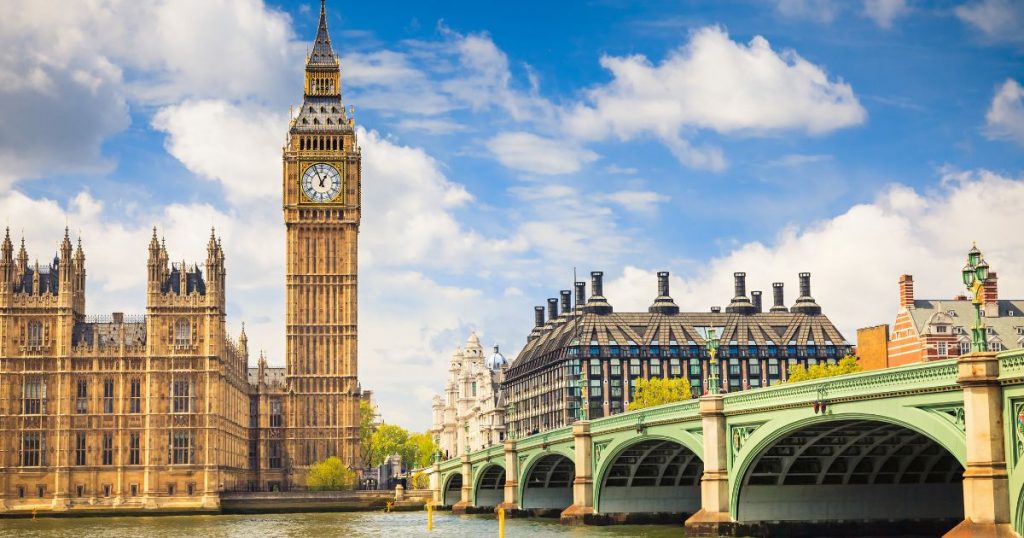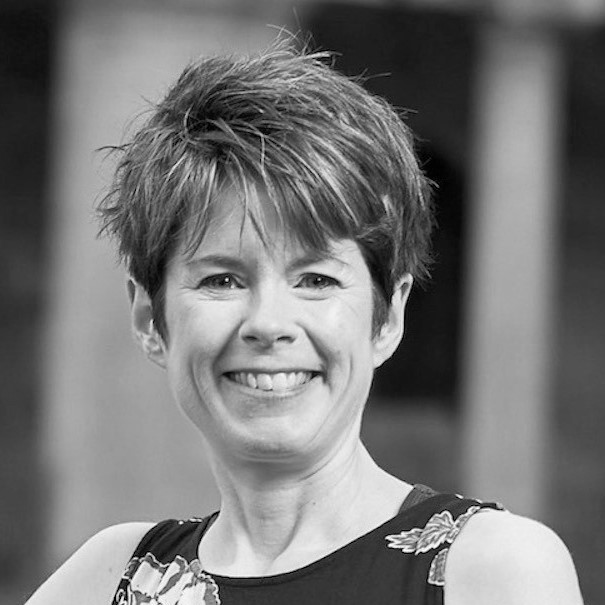
Words by Bella Zanin (Knowledge Exchange Associate)
The UK’s Climate Change Committee (CCC) has just published its 2024 Progress Report to Parliament, which takes stock of the Government’s efforts to tackle climate change. In summary: we need to significantly increase the pace and scale of climate action. In this blog post, we explore four insights from the new report that highlight the necessity of social science in the pursuit of Net Zero.
The CCC’s latest Progress Report to Parliament comes after the 18 wettest months on record in England and the election of a new government, one that has promised to deliver bold environmental plans such as a zero-carbon electricity system within the next six years.
At CAST, we know that people need to be at the heart of climate action. That means ensuring climate policies happen with people, not just to people. With that in mind, we’re pleased to see public engagement and communications considerations being woven through the CCC’s assessment and recommendations. Let’s take a closer look…
What are the report’s main findings?
It’s not all bad news. The CCC point out that the UK’s territorial emissions have halved since 1990, largely due to phasing out coal and ramping up renewables in the energy sector. Low-carbon tech is becoming cheaper and some recent policy progress has been made. Increased funding to the Boiler Upgrade Scheme, for example.
However, the report also makes it clear that the UK is not on track to meet its 2030 climate target. In fact, only one third of emissions reductions required by the end of the decade are covered by credible plans. This puts our Net Zero 2050 target at risk.
The last government reversed and delayed climate action with policy rollbacks that took us further off track. The CCC urges the new government to “set out a clear commitment to the Net Zero transition, backed with rapid policy action”.
Priority recommendations include making electricity cheaper; removing planning barriers for heat pumps, onshore wind and electric vehicle (EV) charging points; and boosting tree-planting and peat restoration projects.
4 ways social science can help us reach Net Zero
Consistent messaging
The CCC’s 2024 Progress Report to Parliament highlights that, by delaying and cancelling important climate policies, the previous government gave inconsistent messaging regarding its commitment to Net Zero. This was confusing and undermined consumer, business and investor confidence.
Our research from the last five years shows that the public is willing to play their part in reaching Net Zero, but they want to see clear and consistent leadership from governments. This looks like developing an ambitious, positive, feasible vision for the future; providing proper resources and support on a long-term basis; and leading by example. Contradictory behaviour from leaders erodes trust and reduces the public’s willingness to act.
Public engagement
While public engagement received less attention than in last year’s CCC Progress Report, it remained central to the Committee’s recommendations, particularly regarding empowering individuals to change impactful behaviours such as meat-eating and air travel. Public engagement is indeed crucial in garnering support for Net Zero and achieving societal change. Two things are important to point out.
First, last year’s CCC Progress Report called for a national public engagement strategy on Net Zero. This action is now overdue, and CAST urges the new government to prioritise it. Second, great public engagement requires great storytelling.
Dave Powell, CAST Theme 4 Co-lead and Senior Engagement Advisor at our partner charity Climate Outreach, adds:

“If the new government is going to deliver the urgent action the Committee calls for then everything it does has to be underpinned by a brilliant climate story. A story that shows how meeting our climate goals is good for our homes, our jobs, our neighbourhoods and our economy.
“Voters have backed a government with strong climate commitments running through everything they do. That government now needs to restore confidence and build excitement in the potential for climate action to improve all our lives. People in the UK are crying out for renewed climate leadership.
“We know that many people think favourably about heat pumps and EVs, but need more information about their costs and reliability. These information campaigns should be fronted by trusted messengers like mechanics and engineers. Great communications and putting people in the picture are essential if we are to speed up action to meet our climate commitments.”
Removing barriers to green choices
The CCC emphasises that the Net Zero transition must be affordable, especially at a time when household budgets are being squeezed. For example, the Committee recommends that the Government urgently reduce the price of electricity to encourage consumers and businesses to move towards lower-carbon electric technologies (e.g. heat pumps). It also suggests improving access to finance for electric vans, to support the uptake of zero-emissions vehicles.
And cost isn’t the only barrier. We must also make sure that low-carbon choices are practical, convenient, safe, socially acceptable and allow people some freedom of choice.
Our CAST Director, Prof Lorraine Whitmarsh MBE, remarks:

“The CCC’s 2024 Progress Report to Parliament once again confirms the Government needs to do much more to meet our carbon targets. They point to the need to remove barriers to low-carbon behaviour change, but also stress the need for consistent government leadership on net zero. Our recent polling confirms that the public want stronger government action on climate and support many of the net zero policies prioritised by the CCC.”
Justice
One of the CCC’s recommendations is that the Government publish an action plan for Net Zero skills. This would outline support for workers and communities in industries expected to experience job losses as a result of the Net Zero transition (e.g. the oil and gas sector).
Ensuring that climate policies and initiatives work for people across sectors and demographic groups is essential to successful social transformation. Further, perceived fairness of the distribution of impacts of climate policies is a key factor that influences public support for and cooperation with Net Zero.
What does this mean for the future of climate action?
The new government has been handed a mandate for bold action on Net Zero. With the Labour Party being elected on a manifesto that promised zero-carbon electricity by 2030 and the Green Party quadrupling their seats in Parliament, it is clear that people want strong climate leadership.
Our policymakers have a real opportunity to create a fairer, healthier, greener society. We urge them to deliver the urgent action called for in the CCC’s latest report, remembering that achieving such change will not be possible without paying attention to social science and getting the British public, in all their diversity, on board.
Read the CCC’s 2024 Progress Report to Parliament and press release for more information. To learn more about our research findings on social transformations and climate action, read our CAST key messages report: ‘Catalysts of Change: People at the Heart of Climate Transformation. Key messages from five years of social science research on climate change’.
Follow us on Twitter and LinkedIn and subscribe to our newsletter for future updates from the CAST team.


